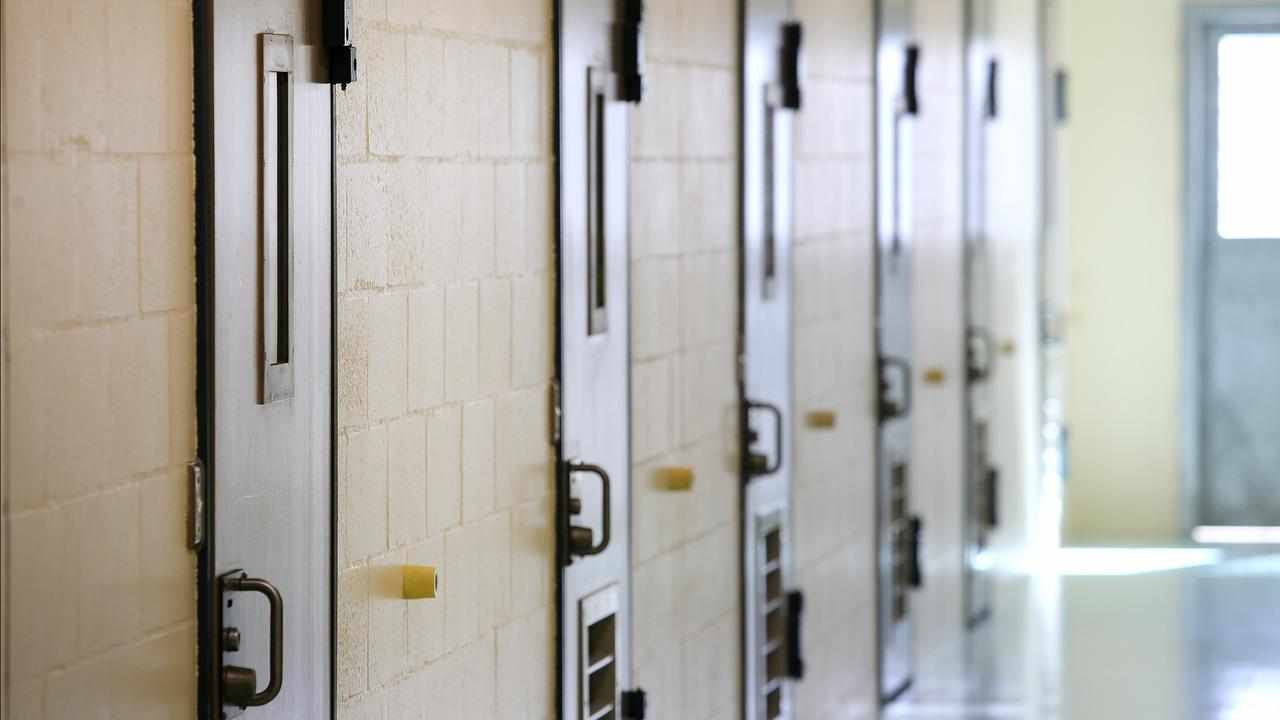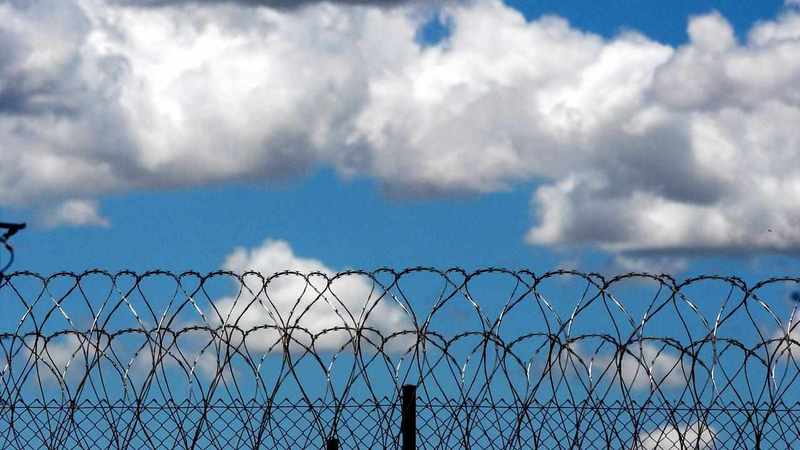Indigenous children are 29 times more likely than non-Indigenous kids to be locked up in juvenile detention centres across the nation.
The Australian Institute of Health and Welfare has released a new report with data showing that, in the four years from June 2019 to June 2023, more than half (59 per cent) of young people aged 10 to 17 in detention were Indigenous.
Maggie Munn is national director of Change the Record, a First Nations-led justice coalition dedicated to reducing the number of Indigenous people behind bars.
"First Nations children are incarcerated en masse across Australia due to racial profiling, over-policing and a complete and utter failure on behalf of governments to address the systemic disadvantage, discrimination and racism our people face.
"It’s undisputed that First Nations people, people who experience housing insecurity or instability, people with disabilities or mental illness, people who live in poverty, people who experience family or domestic violence - all are exposed to the legal system at higher rates than those who live without those issues," Maggie Munn said.
"As a result we are seeing trends and tendencies where poverty, racial, economic and health issues are criminalised."

The statistics are even more stark for the youngest children legally able to be locked up, aged 10 to 13, with Indigenous kids 46 times as likely as their non-Indigenous peers to be in detention.
The number of Indigenous children aged 10 and older in detention has been increasing since the September quarter of 2020.
Before this, the number had been decreasing.
"Often children who are in contact with the legal system at a very young age have complex trauma," Maggie Munn said.
"They’ve seen and been through events in their little lives that nobody should have to go through, and, instead of supporting them, their families and communities, governments perpetuate carceral and punitive solutions.
"Nothing changes if nothing changes and so, while governments increase their budgets and resources for police and prisons, and decrease their budgets for critical services in family violence prevention, Aboriginal legal services, housing and health, it’s no surprise that more children are funnelled through the legal system."
The vast majority of children in detention (77 per cent) were unsentenced - that is, they were awaiting their initial court appearance or sentencing.
The remainder were serving a sentence.
On an average night in the June quarter of 2023, Indigenous children were more likely to be in detention than non-Indigenous young people across all states and territories.
"We are asking governments to invest in solutions that work," Maggie Munn said.
"There are hundreds of evidence-based programs that are working with children and their families to give children the support they need.
"Governments across Australia have this evidence, they just need to invest."
Among the states and territories for which rate ratios could be calculated, the rate ratio for Indigenous young people aged 10 to 17 in detention ranged from 10 times the non-Indigenous rate in Victoria to 30 times in Western Australia.
In the NT, it is almost always above 90 per cent and at times, all the children in detention are Aboriginal.
The NT and Queensland had the highest rates of Indigenous children aged 10 to 17 in detention (50 and 45 per 10,000, respectively) and Victoria had the lowest (7.7 per 10,000).
Across the four-year reporting period, the NT consistently had the highest rate of kids in detention on an average night (6.6 to 22 per 10,000 aged 10 to 17).
During this time, there were declines in the rate of young people in detention on an average night in NSW, Victoria, WA and South Australia.
Rates of young people in detention on an average night increased in Queensland and the NT.









